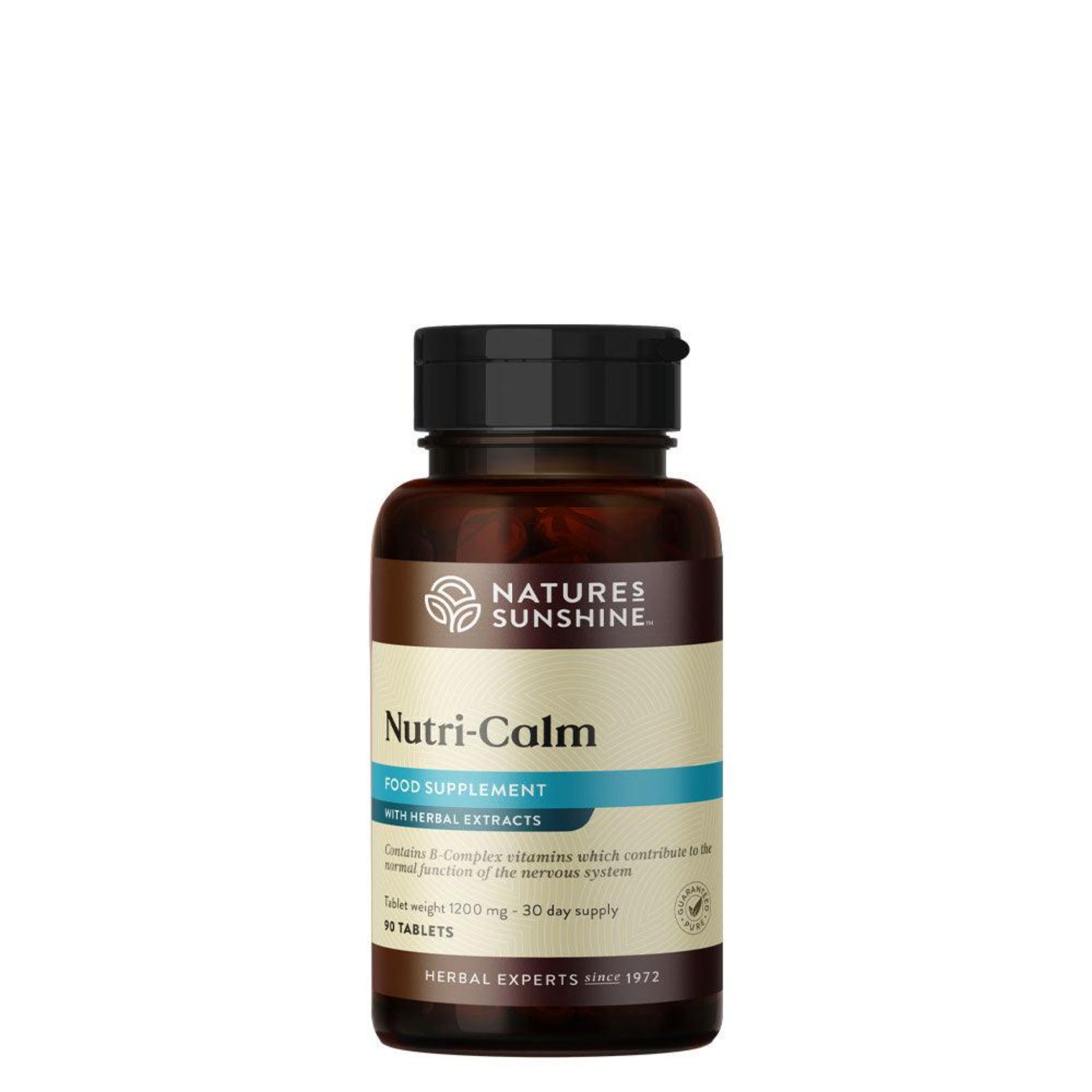
When it comes to maintaining a healthy lifestyle, getting enough sleep is just as important as exercising regularly and watching what you eat. Sleep matters for several reasons.
It gives your body the chance to rest, repair cells, restore energy and release the vital hormones your body needs to function properly. It can help you process and store the information you’ve taken on board throughout the day, ready to recall it when you need to.
It also gives your brain the chance to relax and reset itself after a stressful day to improve your mental agility, alertness and focus when you wake. Finally, it enables your immune system to kick in and fight back against any bugs, bacteria or infections you may have picked up to help keep illness at bay.
Yet, despite the importance of sleep, many of us don’t get enough. A healthy adult needs at least seven hours’ sleep every night to ensure their body and mind can rest, recharge and reboot. Getting enough sleep will help you maintain optimal physical health and mental and emotional wellbeing. On the other hand, sleep deprivation can lead to enhanced anxiety and irritability and heighten your risk of developing chronic conditions like diabetes, heart disease and high blood pressure.
Here are some of the top health benefits associated with a good nights sleep.
IMPROVED PERFORMANCE AT WORK
It may seem obvious, but regularly getting a good night’s sleep can help boost your performance at work and enhance your effectiveness throughout the day. Several scientific studies have proved the direct link between sleep and improved concentration, productivity, focus and mental agility. Research has also found that not getting enough sleep can impair some of your vital brain functions.
WEIGHT MAINTENANCE
While there is no proven scientific link between weight management and sleep, several studies have found that poor sleep patterns significantly contribute to weight gain. However, research has also found that drinking alcohol, consuming excess sugar, low levels of physical activity, stress and sedentary lifestyles can combine with poor sleep in people who are overweight.
OPTIMAL METABOLISM
Studies have found that regularly getting a good night’s sleep can help you reduce your food intake and better regulate the rate at which you burn off calories. Lack of sleep can also interfere with the body’s ability to digest and process food.
BETTER SPORTING PERFORMANCE
If you enjoy sports, either as a serious competitor or an amateur enthusiast, there’s a direct link between getting enough sleep and the way you perform. Sleep enables your body to heal, repair your muscles and replenish your energy stores, so getting enough rest between training and competing can pay dividends.
REDUCED RISK OF HEART DISEASE
High blood pressure is a major risk factor for heart disease. Getting enough sleep each night can help your body regulate your blood pressure better and promote overall heart and circulatory health.
IMPROVED MENTAL AND EMOTIONAL HEALTH
Lack of sleep can cause you to feel tired and sluggish. Over time, this can manifest in other ways, such as stress, irritability or anxiety. All of these can impact your mood and mental health and impair your ability to perform simple cognitive tasks. A good night’s sleep can also help you feel more comfortable in social situations and ward off low mood or depression.
STRONGER IMMUNE SYSTEMS
A good night’s sleep helps your body to regenerate and recover. It enables your immune system to do its job correctly and fight off infection or illness. There’s a reason why, when you’re feeling under the weather, you usually feel better after a good night’s sleep. It’s because your body has worked hard to repair damaged cells, fight off inflammation and keep harmful bacteria at bay.
HOW TO GET BETTER NIGHT'S SLEEP
If you’re struggling to get a good night’s sleep regularly, there are a few tips and tricks you can try to help you doze off. Avoiding alcohol, sugar, nicotine and caffeine late at night will help your brain and body to shut down naturally, so you can relax into a peaceful slumber. Exercising or spending more time outside can also tire your muscles and brain and get you ready to sleep. Going to bed at the same time every night, waking up at the same time each morning and trying not to ‘oversleep’ can help you maintain good sleeping habits. Reducing stress through exercise or therapy can also help.
So, too, can cleaning up your diet and swapping processed foods and high-sugar, high-fat meals for fresh fruit and veg, wholefoods and healthier alternatives to ensure you get all the right nutrients that aid restful sleep.
And if you need a helping hand, why not try Lily & Loaf’s vegan-friendly 5 HTP with L-Tryptophan. This natural, nutritional supplement contributes to relaxation, restful sleep and a well-balanced mood. It helps raise serotonin levels which can lead to increased feelings of happiness and relieve anxiety and stress, to help you get the good night’s sleep you deserve.
Check out these links to our products and collections to find out more:
- Weight Management
- Adult Circulation and Heart Healthy
- Adult Stress and Anxiety
- Adult Immune System
- Lily & Loaf Nutrition - 5HTP














